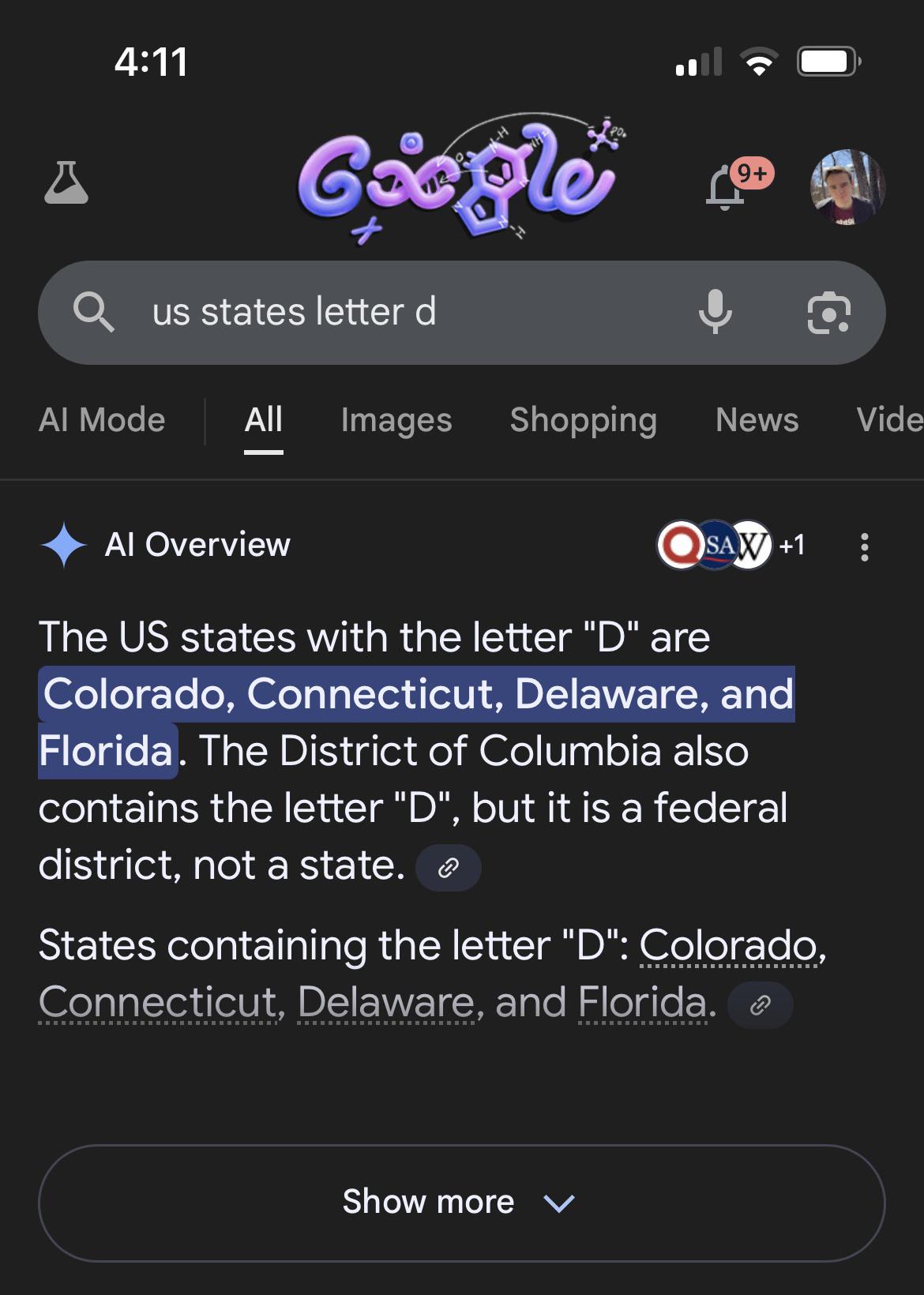this post was submitted on 11 Sep 2025
863 points (96.3% liked)
Technology
77084 readers
2532 users here now
This is a most excellent place for technology news and articles.
Our Rules
- Follow the lemmy.world rules.
- Only tech related news or articles.
- Be excellent to each other!
- Mod approved content bots can post up to 10 articles per day.
- Threads asking for personal tech support may be deleted.
- Politics threads may be removed.
- No memes allowed as posts, OK to post as comments.
- Only approved bots from the list below, this includes using AI responses and summaries. To ask if your bot can be added please contact a mod.
- Check for duplicates before posting, duplicates may be removed
- Accounts 7 days and younger will have their posts automatically removed.
Approved Bots
founded 2 years ago
MODERATORS
you are viewing a single comment's thread
view the rest of the comments
view the rest of the comments

This phenomenon is called "T flapping" and it is common in North American English. I got into an argument with my dad who insisted he pronounces the T's in 'butter' when his dialect, like nearly all North Americans pronounces the word as 'budder'.
budder is softer than t flapping. further forward with the tongue on the palate.
It's an approximation, but the t is partially vocalized giving it a 'd' sound even if it's not made exactly the same way.
i just thought we were getting technical about the linguistics. i got and use both words frequently, thought the distinction might be appreciated. the difference is so subtle we sometimes have to ask each other which one we're referring to. i'm willing to bet it shows up more on my face than in my voice.
I appreciate the discussion, I get out of my depth pretty quickly on the topic being a linguistic hobbyist rather than someone with actual education and background.